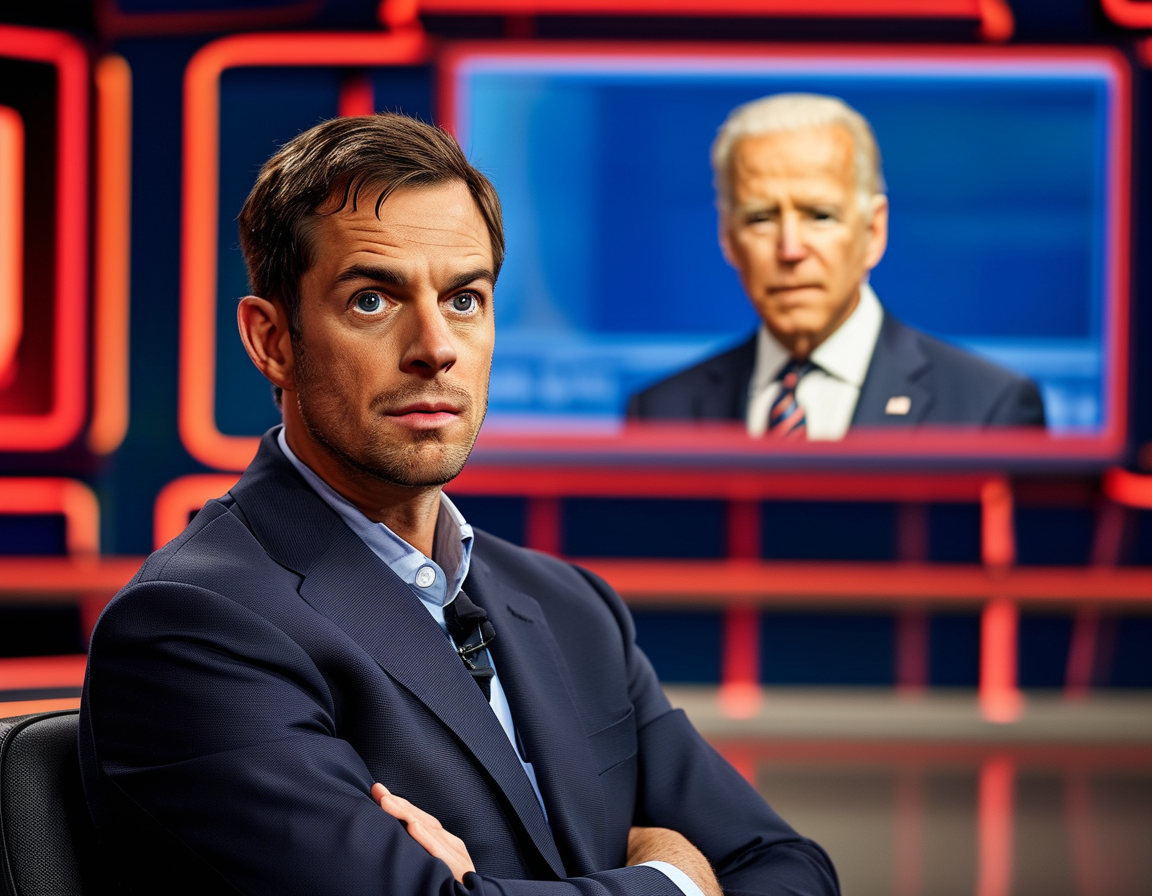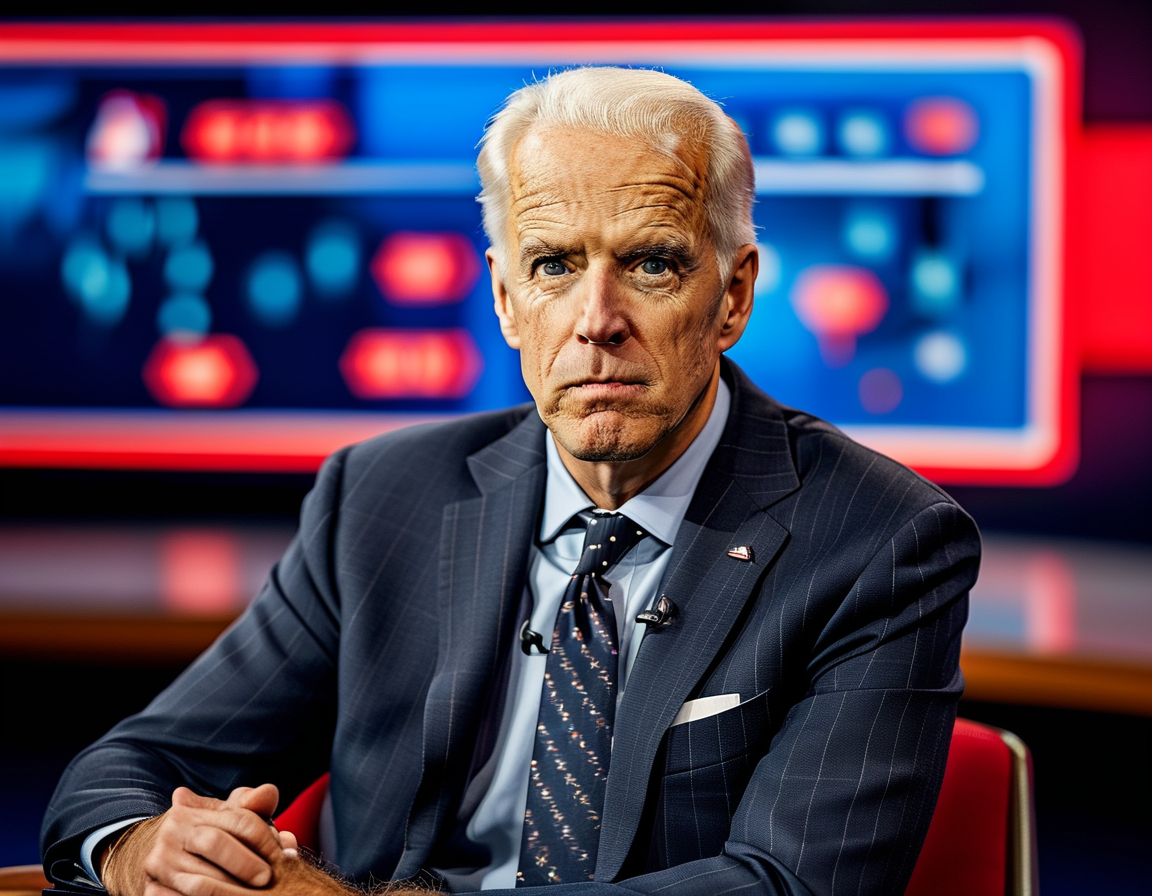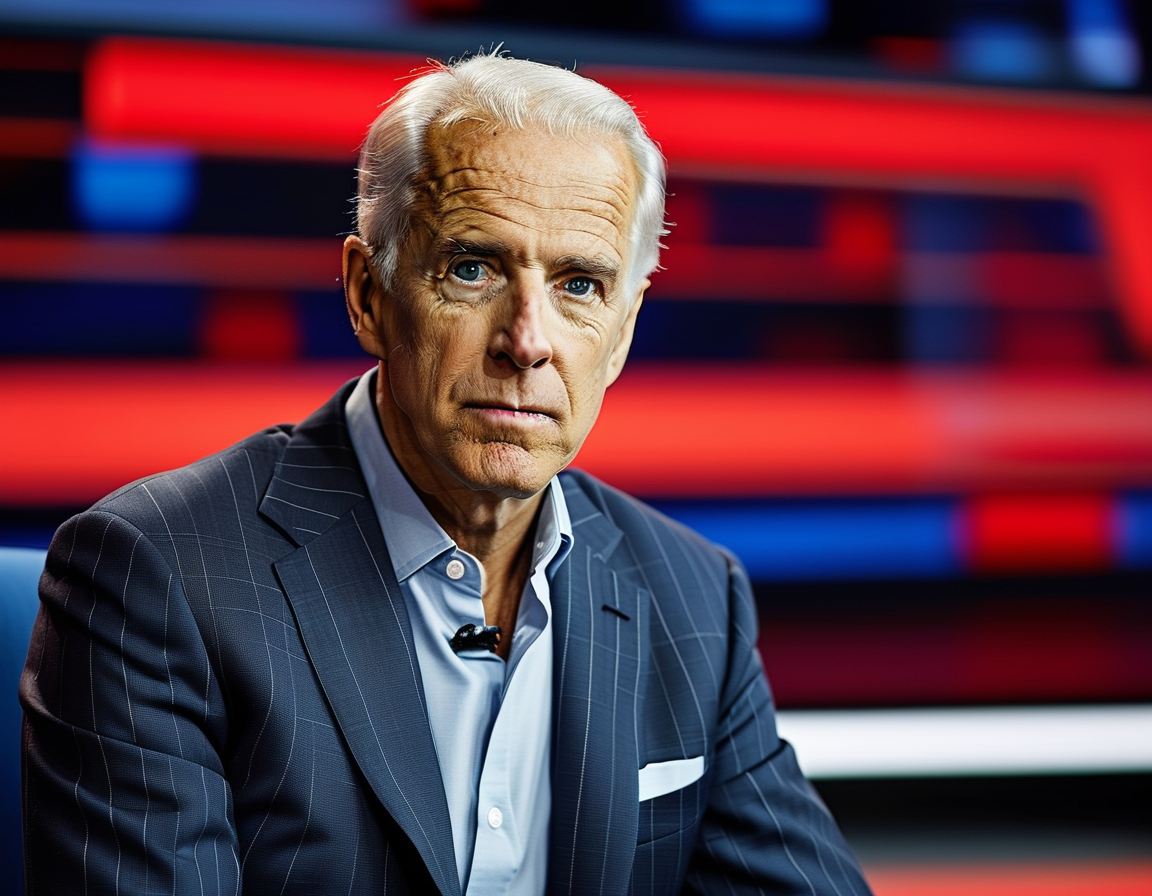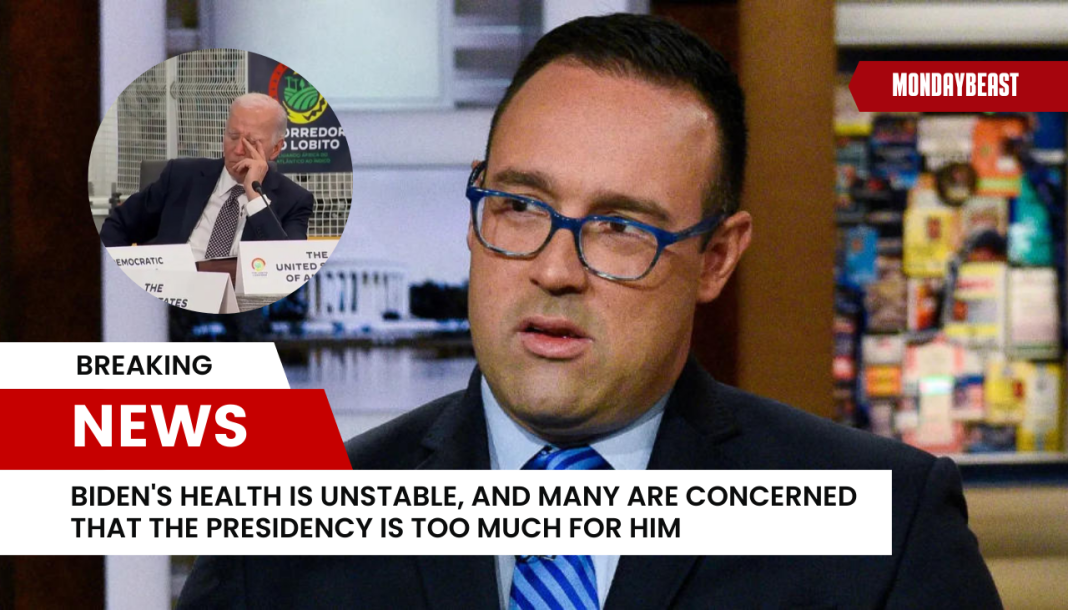In an unexpected twist, Chris Cillizza, a former CNN pundit, has publicly reflected on his role in underplaying concerns about President Biden’s mental decline. He candidly shared his regrets on his YouTube channel, admitting to a lack of journalistic curiosity that, in hindsight, seems almost negligent. This revelation begs the question: how much do we truly know about the leaders we elect?
Cillizza’s apology stems from newfound clarity following alarming reports from The New York Times and The Wall Street Journal. These articles illuminate Biden’s struggles with mental acuity, an issue Cillizza apparently brushed aside during his tenure at CNN. He expressed regret, saying, ‘I should have pushed harder earlier for more information about Joe Biden’s mental and physical well-being.’

Despite feeling pressure from the White House and being labeled as age-shaming, Cillizza now recognizes that he, along with many journalists, failed to scrutinize the president adequately. His reflections offer a sobering glimpse into the complexities of political reporting today. Are journalists trapped in a web of fear when it comes to challenging powerful figures?
Cillizza’s statements draw a striking contrast to his previous tendencies to disregard Republican criticisms about Biden’s fitness for office. He recalls how Republicans would inquire about his reticence. Often, he dismissed their concerns, citing the lack of visible evidence for any decline. Reflecting on this now, he admits that was a mistake, acknowledging that he fell for what he calls the ‘shame campaign’ from the White House.
Cillizza noted how the people around Biden made it seem offensive to question whether the president was fit for his role. He emphasizes that considering a president’s physical and mental capacity should never invoke shame—it’s a crucial part of political discourse. How can we connect with the age and health of our leaders while remaining respectful?

Following his departure from CNN, Cillizza’s perspective began to shift. He started expressing concern about Biden’s age and performance. His acknowledgment raises serious discussions about media responsibility and the ethics of reporting in high-stakes political environments. Should public figures be shielded from criticism based on their age?
Cillizza, reading excerpts from the Wall Street Journal, highlighted incidents of Biden’s limited engagement with his administration. These reports paint a troubling picture of a leader whose interactions seem sparse. Could this pose a larger question about how effectively the administration is being run?
He pointed out that the June 27 debate was a key moment revealing Biden’s struggles. For many viewers, it raised flags about his capability to serve a full term. If evidence of decline appears startling, how long could Biden continue in office without compromising the effectiveness of his administration?

Critics are not hesitant to voice their disleave with Cillizza’s perceived tardiness in addressing Biden’s age. Meghan McCain, for example, sharply criticized him, arguing that his past commentary on her late father was overly harsh. In poignant words, she suggested that Cillizza’s apology feels insincere, given his history. Was he genuinely misled, or is this just an attempt to cover ground lost?
Cillizza’s reflections open a broader discussion about the landscape of journalism and political accountability. If seasoned reporters find themselves reluctant to confront truths, who will hold leaders accountable? There’s a growing divide between the expectations of journalists and the reality of political reporting. What happens when those who shape our news narratives lose their critical edge?
Moving forward, Cillizza indicates a renewed commitment to scrutiny, especially as we look towards future elections and candidates like Donald Trump. This cautionary tale serves as a lesson for journalists: being thorough and persistent in inquiry is essential, for the future of democracy hangs in the balance. It raises a compelling question: how do we balance resilience with respect in our political discussions?
Ultimately, Cillizza’s candid reflection forces us to confront uncomfortable truths about media and power. His experience could be a catalyst for transformation in how we approach journalism in the era of political polarization. As readers, what do we expect from our journalists in the age of constant scrutiny? And will they meet that call when the stakes are so high?




